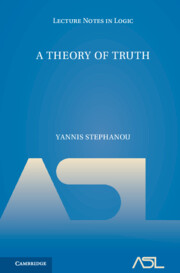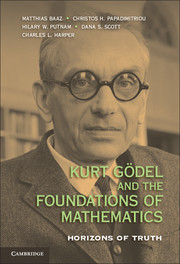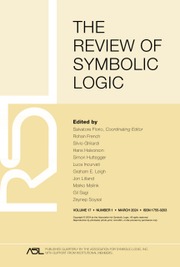A Theory of Truth
How should we treat the liar and kindred paradoxes? A Theory of Truth argues that we should diverge from classical logic, and presents a new formal theory of truth. The theory does not incorporate contradictions and is not substructural, but deviates from classical logic significantly, and endorses principles like 'No sentence is both true and false' and 'No sentence is neither true nor false'. The book starts with an introduction to the paradoxes, suitable for newcomers to the subject, before presenting its approach. Four versions of the theory are covered, extending the theory to a determinacy operator and to a full first-order language with quantifiers. Each includes all Tarskian biconditionals that can be formulated in its language. The author uses original methods to prove the consistency of each version and compares the theory to alternative non-classical theories, including Field's paracomplete approach, Ripley's nontransitive system and Zardini's contraction-free calculus.
- Presents theories of truth using non-classical logic, from both formal and philosophical viewpoints
- Contains a new and original framework for the theory of truth, as well as original ways of proving key theorems
- Assumes no previous familiarity with the semantic paradoxes and begins with an introduction to the subject
Product details
September 2023Adobe eBook Reader
9781009437165
0 pages
This ISBN is for an eBook version which is distributed on our behalf by a third party.
Table of Contents
- 1. Aspects of paradox
- 2. Against classical logic
- 3. Ambiguity and indexicality
- 4. A propositional theory of truth
- 5. Proving central theorem 1
- 6. Truth and determinacy
- 7. A first-order logic and theory of truth
- 8. Proving central theorem 4
- 9. Another first-order theory of truth
- 10. Truth in different non-classical logics
- Afterword
- References
- Index.




